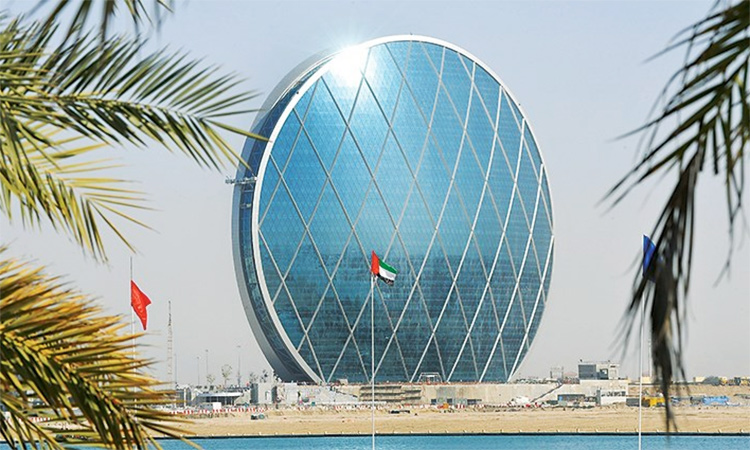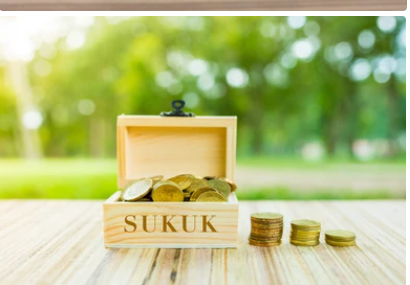Many developed markets have been utilizing sukuk bonds for financing because of its unique features and Bangladesh has now also begun launching products under this alternate investment tool so it is important for investors and issuers to understand how Sukuk works.
In 2020, Bangladesh Bank launched its maiden sukuk bond which will offer a fixed 4.69% rental yield per annum for a tenor of five years.
The rental yield provides the shared profit aspect that is one of the features of Sukuk that differentiates it from a conventional investment vehicle.
In this case, the rental yield derives from a project named “Safe Water Supply for the Whole Country.”
Let’s look at how this works.
This Sukuk bond has three distinct parties – investors, borrower, and a third party who will connect these investors and the borrower.
So, while in a conventional bond, the investors will communicate directly with the borrower, in a Sukuk bond, both the investors and the borrower will communicate through a third party.
This third party will be termed as an SPV (Special Purpose Vehicle). In this case, the SPV will be Bangladesh Bank.
Bangladesh Bank will play a middleman role – it will collect the investment proceeds from the investors through issuing them electronic Sukuk certificates and then it will transfer these investment proceeds to the Government to develop and operate the project.
Before making this transfer, Bangladesh Bank will buy the project infrastructure from the Government on behalf of the investors.
Also, in this Sukuk structure, the borrower is called an originator who originates the project.
The originator, in this case, is the government of Bangladesh.
To generate rental income from this project, Bangladesh Bank will now lease the project infrastructure back to the government through a lease agreement.
The government will thereafter use the project infrastructure under this lease agreement and will pay periodic rental yields to Bangladesh Bank.
Bangladesh Bank will then transfer these periodic rental yields to the investors.
This lease agreement will continue to be effective for 5 years.
After that, the government will buy back the project infrastructure from Bangladesh Bank through returning the investment proceeds and the lease agreement will terminate.



